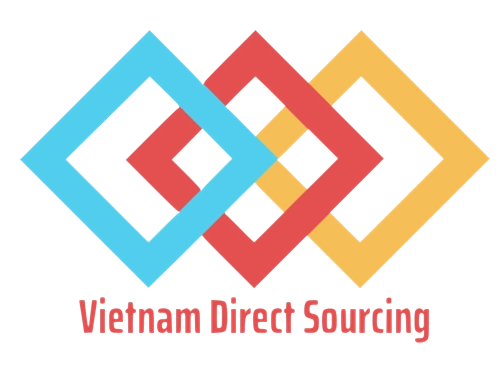





How to Negotiate with Suppliers: Product Sourcing Strategies for Cost Savings

Negotiating with suppliers is a key element of any global sourcing strategy, particularly when sourcing products from overseas. Whether you’re experienced or new to product sourcing, effective supplier negotiation strategies can have a significant impact on your overall costs and supplier relationships. In this guide, we’ll share essential strategies to help you negotiate better deals, secure cost savings, and enhance your sourcing efforts.
Understand Your Supplier’s Perspective
Negotiation isn’t just about driving for the lowest sourcing price. It’s about establishing a mutually beneficial relationship. Suppliers have their own pressures, from production costs to material prices, and understanding their constraints helps you negotiate more effectively. Being mindful of their challenges while seeking cost savings can help foster a long-term, cooperative partnership.
For more expert insights on effective supplier negotiations, check out Global Sources’ article “Negotiating with Suppliers Like a Pro” that covers key strategies such as communication, research, setting criteria, and conducting due diligence. These strategies can help foster a long-term, cooperative partnership.
Do Your Homework: Market Research & Supplier Evaluation
Before entering any negotiation, supplier evaluation is essential. Understanding the market, typical pricing, and lead times, and finding suppliers who can meet your needs are crucial steps. It’s not just about finding the lowest bidder but identifying a reliable supplier who can deliver quality consistently.
At Vietnam Direct Sourcing, we focus on thorough supplier evaluation, including factory visits and audits, to ensure suppliers meet both your quality requirements and ethical standards. A good supplier is key to a strong global sourcing strategy.
Focus on Total Cost, Not Just Unit Price

When negotiating, always consider the total cost of acquisition, not just the unit price. This includes shipping, customs duties, taxes, packaging, and even expedited shipping fees. Sometimes paying slightly more for a unit can save you money in the long run if it offers better logistics or more favorable terms, such as faster delivery times or reduced freight costs.
By focusing on total costs rather than just sourcing price, you can secure better value without compromising on quality.
Leverage Long-Term Relationships for Better Terms
One of the most effective supplier negotiation strategies is building strong, long-term relationships with your suppliers. Suppliers are more inclined to offer discounts, better payment terms, and priority service to clients who demonstrate loyalty and consistency. This is especially beneficial for companies looking to scale their operations.
Establishing a lasting partnership can also provide stability in pricing, as suppliers are likely to honor more favorable terms over time, leading to greater cost savings in the future.
Flexibility in Negotiation: Payment Terms and Order Quantities
Flexibility in areas such as payment terms and order quantities can be a key to unlocking better deals. If you’re able to place larger orders or offer early payments, many suppliers will be willing to negotiate a better price. On the other hand, if you need to order in smaller quantities, supplier negotiation strategies like negotiating more flexible minimum order quantities or optimized delivery schedules can still help secure competitive pricing.
Ensure Quality Assurance and Inspections
While negotiating the best price, don’t sacrifice quality. Quality assurance is essential for maintaining product standards and minimizing defects. Ensure that your supplier is committed to regular quality inspections, whether at the factory level or post-production. This ensures that, despite negotiating for cost savings, your products meet the necessary quality standards.
Finalizing the Deal: The Importance of Clear Contracts
Once you’ve reached an agreement, make sure you carefully review the fine print of the contract. Pay close attention to payment schedules, delivery terms, and return policies. Well-drafted contracts set clear expectations for both parties and help prevent misunderstandings, ensuring smoother transactions in the future.
Conclusion: Successful Negotiation for Smarter Sourcing
Negotiating with suppliers is a crucial part of the product-sourcing process, and doing it right leads to significant cost savings and stronger business relationships. By understanding the supplier’s perspective, conducting supplier evaluation, focusing on total costs, and leveraging long-term relationships, you can negotiate better deals that benefit your business. Implementing effective supplier negotiation strategies ensures your global sourcing strategy is cost-effective, efficient, and sustainable in the long term.
Ready to get started? Vietnam Direct Sourcing is here to help. With local expertise and a trusted network of suppliers, we’ll make sure your sourcing journey is as smooth as possible.
Learn more about this topic on our podcast!
Want to dive deeper into this subject? Check out our latest podcast on this subject on Spotify, where we explore this topic and so much more! Whether you're on the go or relaxing at home, tune in for insights, tips, and discussions that bring our blog topics to life.

Leave a comment
Your email address will not be published. Required fields are marked *